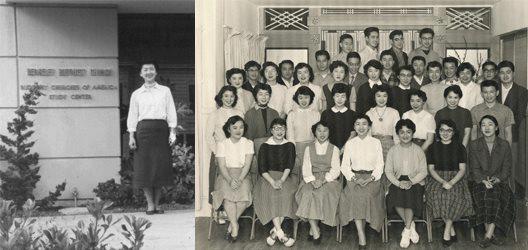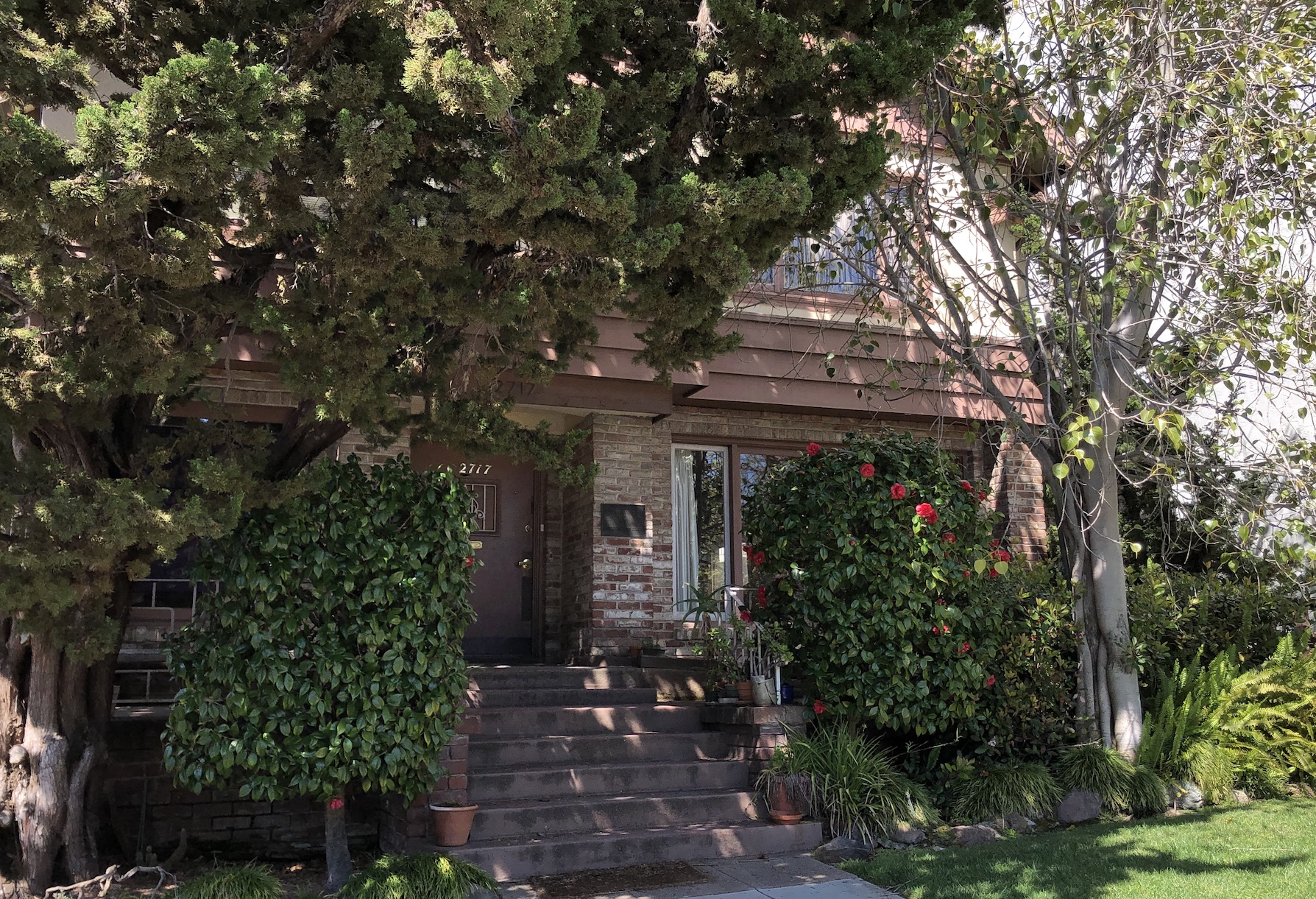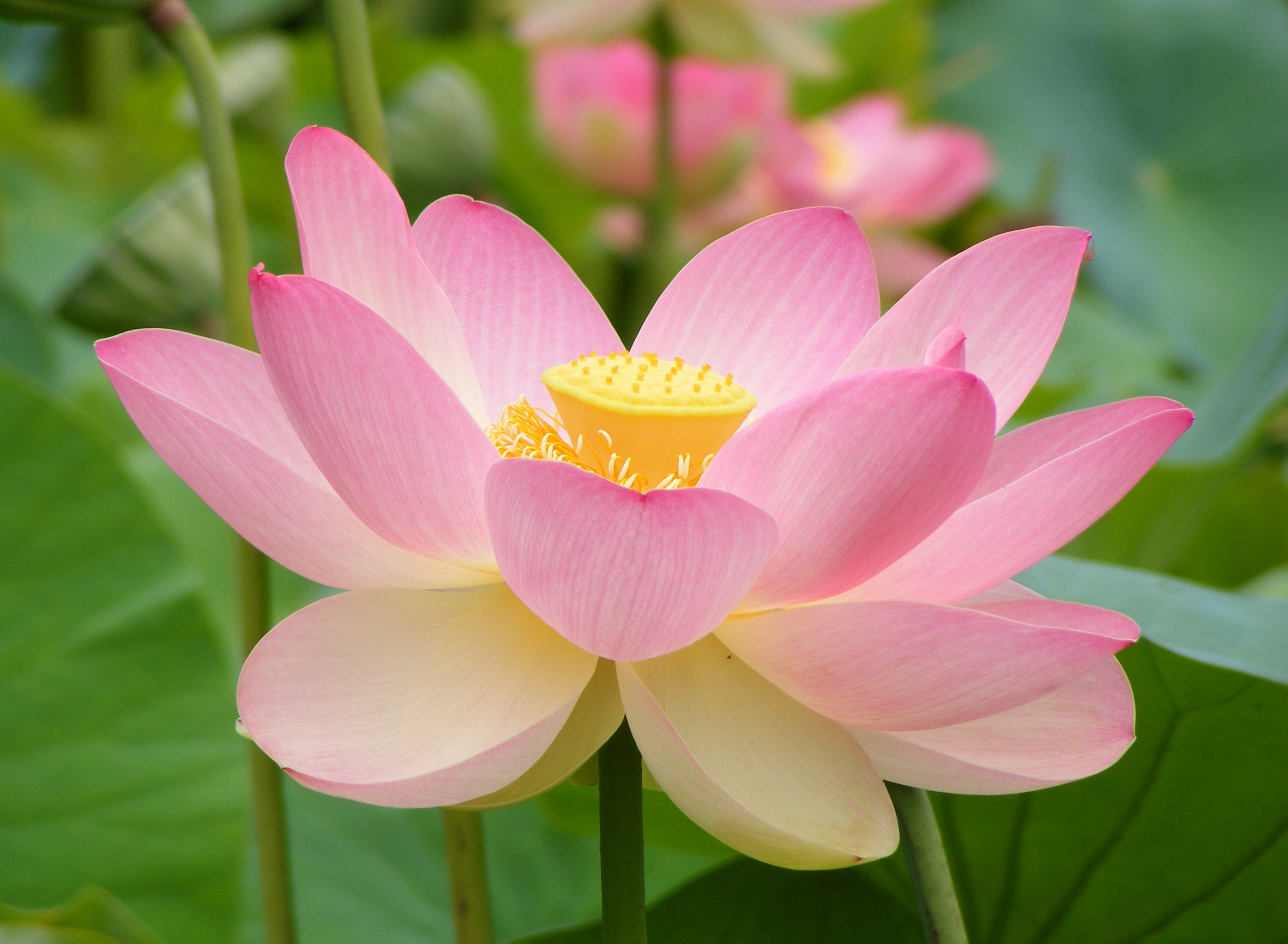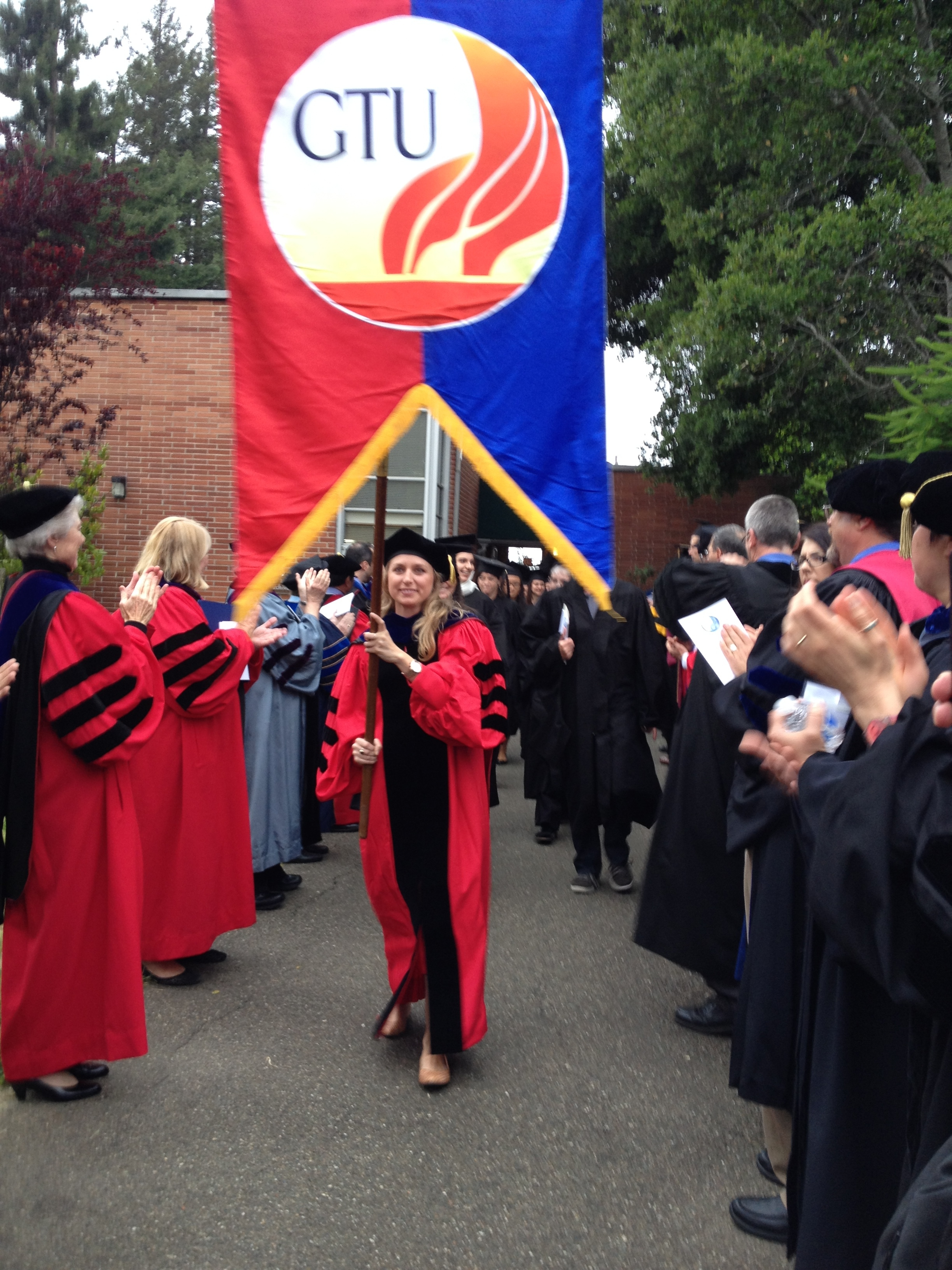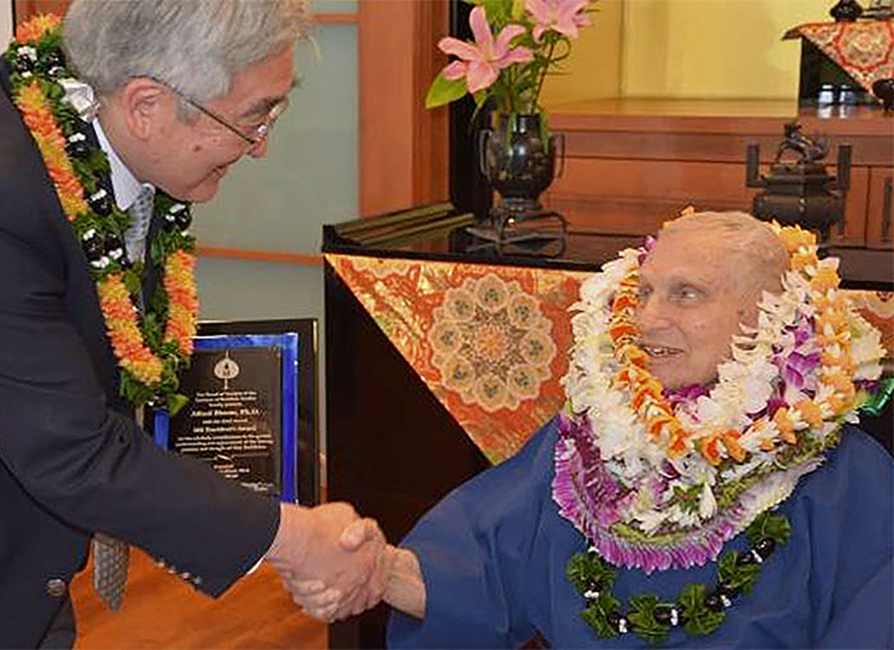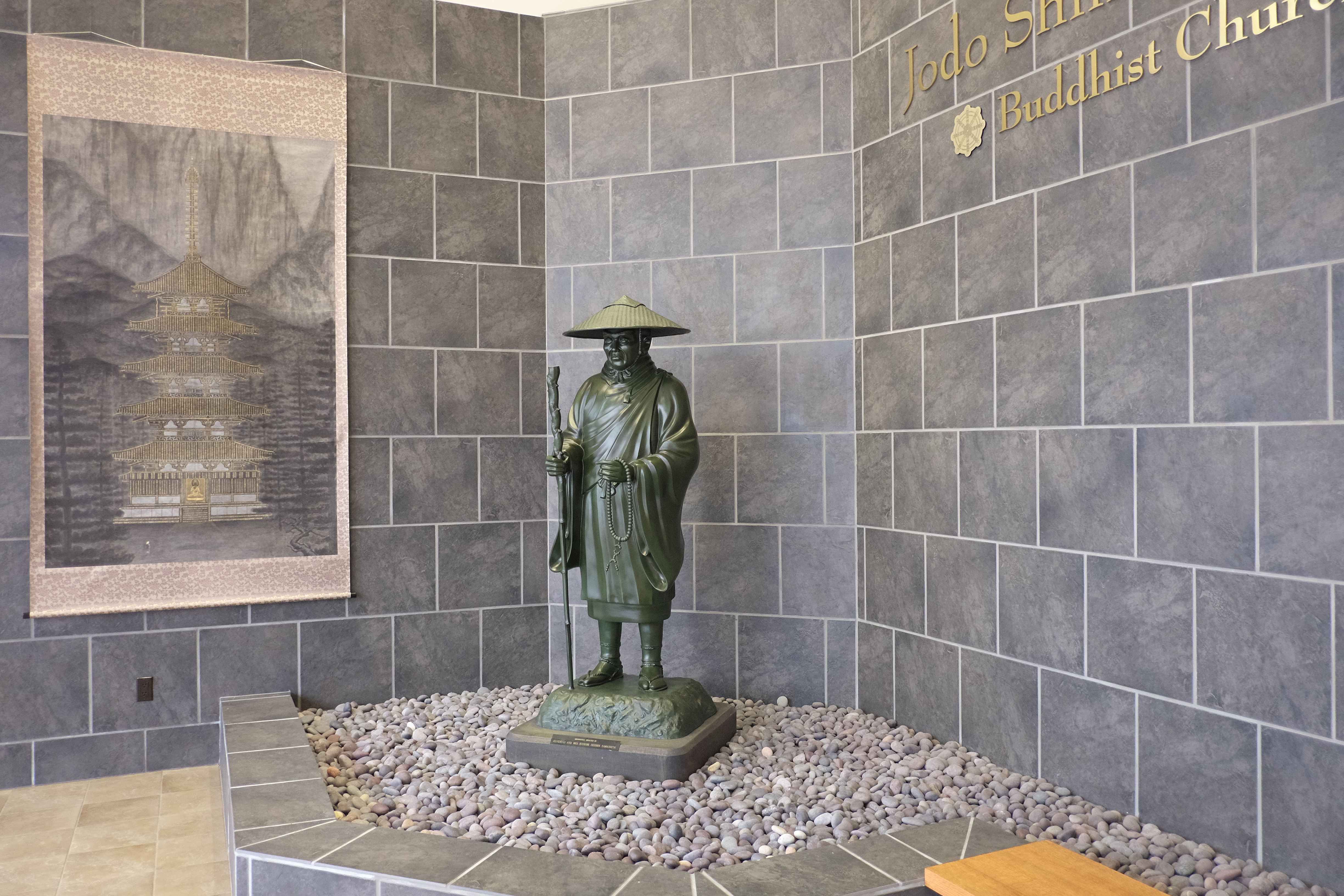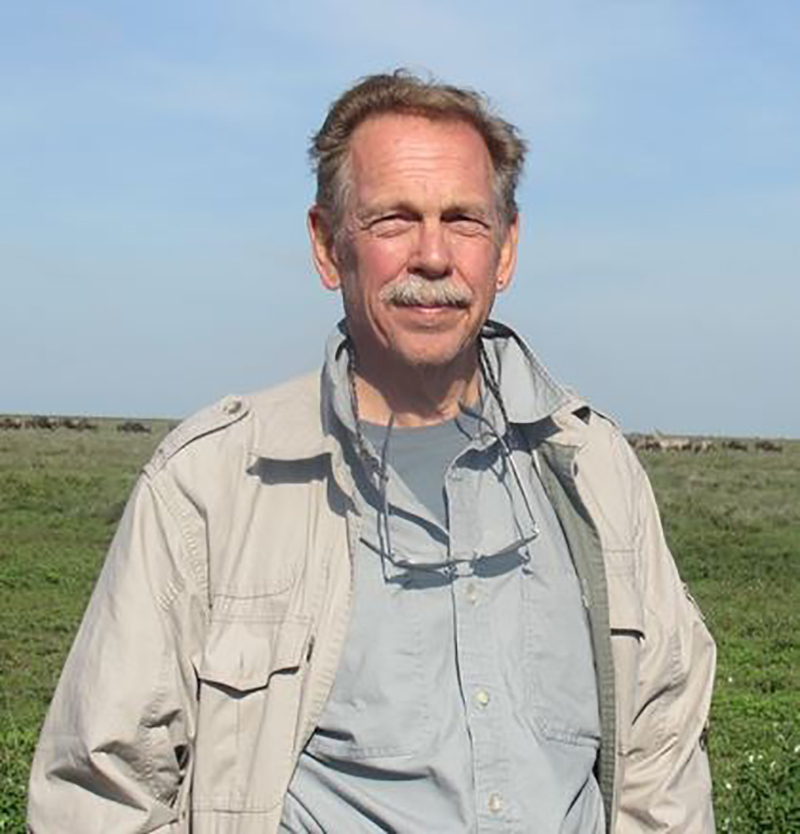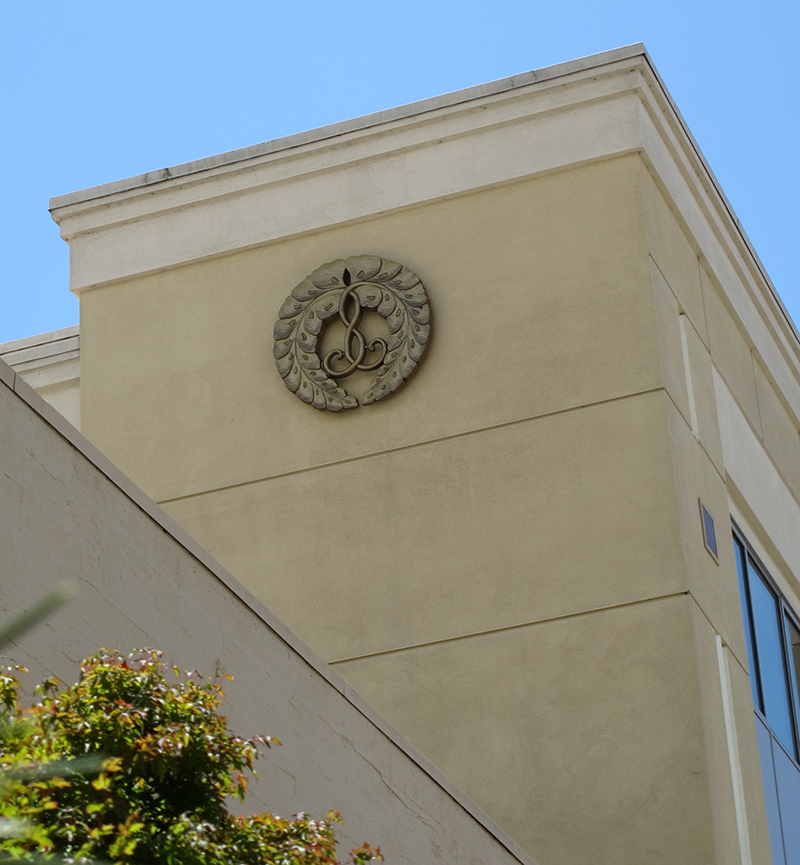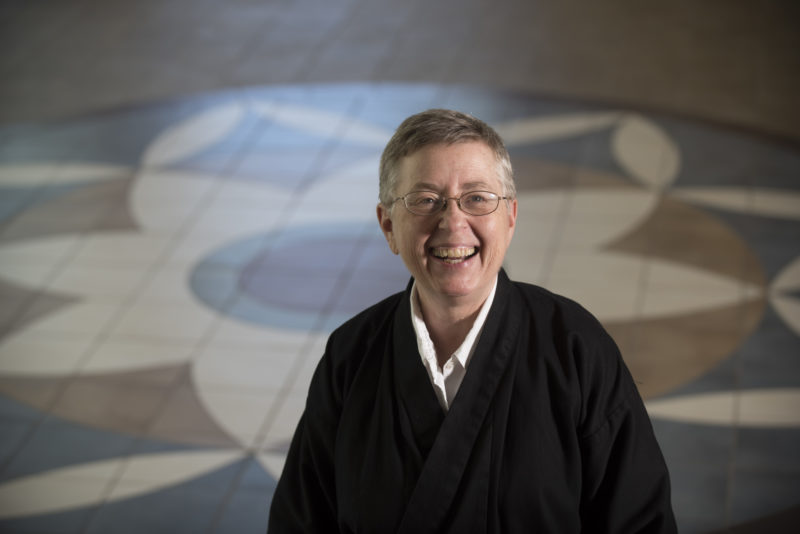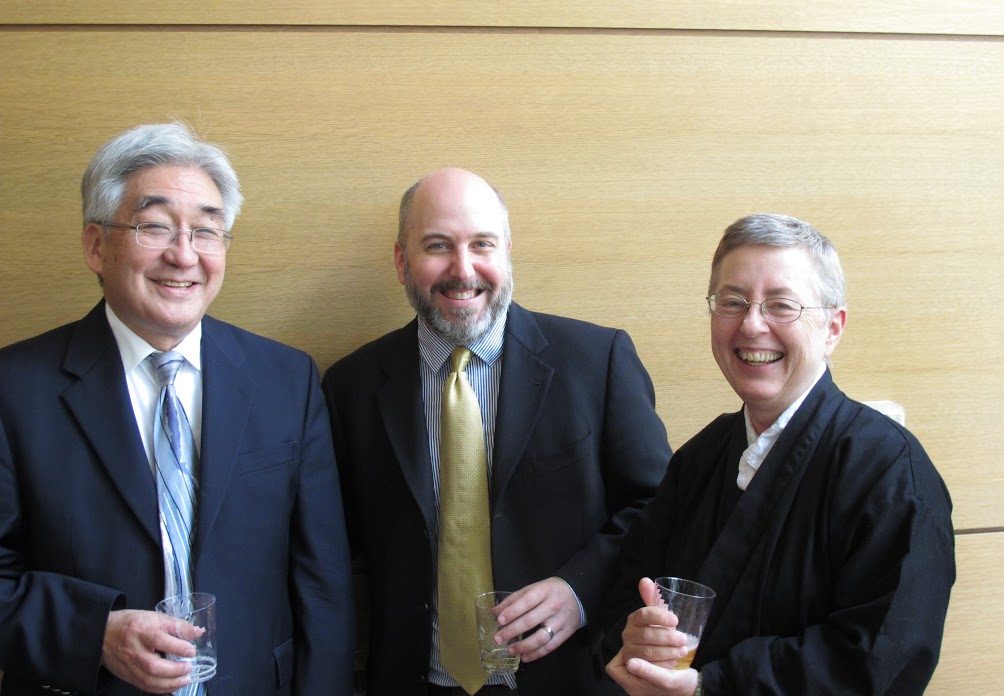Education – Research – Community
In the 1930s and 1940s, American Jōdo Shinshū Buddhists began educational and training programs for those wishing to become ordained in Japan and serve in American communities. By 1949, these programs were formalized as the Buddhist Study Center overseen by Rev. and Mrs. Kanmo Imamura at the Berkeley Buddhist Temple.
In the mid-1960s, the Study Center purchased its own building and, in 1969, incorporated with the State of California as the Institute of Buddhist Studies, a Buddhist seminary and graduate school. The school was overseen by Revs. Haruyosi Kusada and Hozan Hardiman through the 1970s, and in 1986, Dr. Alfred Bloom was appointed Dean.
In 1985, under the leadership of then-Bishop Seigen Yamaoka, the IBS affiliated with the Graduate Theological Union (GTU) and began to further expand its programs. This expansion continued under the guidance of Dr. Richard Payne, who served as Dean from 1994 to 2016.
Following the completion of the Jodo Shinshu Center in Berkeley, IBS continued to expand its educational programs with new certificates and degrees, including a program in Buddhist chaplaincy. And beginning in 2015, IBS began the process of seeking accreditation with the Western Association of School and Colleges (WSCUC).
IBS was granted WSCUC accreditation in 2020. And in 2021 IBS became the first non-Christian member school of the GTU.
For more than half a century, IBS has been offering Buddhist education, innovative research, and an engaged community of scholars and practitioners.

